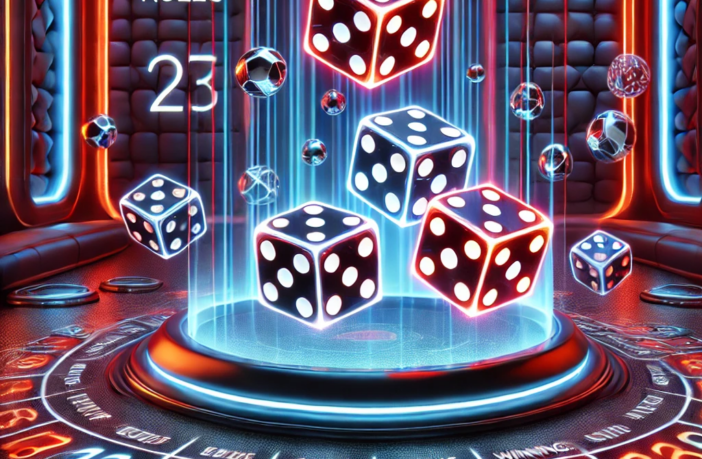Online slots are the backbone of the online casino, offering players the biggest range of games out there. Each game has its own unique theme, gameplay and bonus features, which create a different experience each time. From their mechanical beginnings to today’s digital marvels, online slots continue to push boundaries and become more innovative.
History of Slot Games
The first slot machine, the Liberty Bell, was invented in 1895 by Charles Fey. He created a mechanical device that had three spinning reels and a singular payline, offering a payout for matching symbols. As you can imagine, over the years, slot machines have become more sophisticated, incorporating features such as multiple paylines, bonus rounds, and advanced graphics.
The advent of the internet in the 1990s revolutionised the slot gaming industry. Online casinos introduced digital slot games, allowing players to enjoy their favourite games from the comfort of their homes. Today, with the rise of mobile technology, players can spin the reels anytime, anywhere.
How Slot Games Work
Slot games are built on a Random Number Generator (RNG) system, ensuring that each spin’s outcome is entirely random and independent. This technology guarantees fairness, providing an equal opportunity for all players.
When playing slot games, it is important to understand Return To Player (RTP). This is the metric that represents how much edge the house has; for example, if a slot game has a 96% RTP, then this machine is mechanically fixed to pay out £96 for every £100 played with. Of course, this does not indicate the amount players can expect to win as the RTP is calculated across all players; some may experience a better or worse return than the game’s RTP.
Slot Game Design Features
It is important to understand what makes up a slot game; the reels, paylines, symbols and bonus features are combined to provide players with a slot gaming experience. Traditional slots typically have three reels, while modern video slots can have more; if you are playing Megaways games, the number of reels can even change per spin. Paylines determine the number of ways in which symbol combinations can be formed, and just like the number of reels, these can vary per game.
The symbols of games are different per game; however, there are some common symbols, including fruits, numbers, letters, and themed icons. Most games have wild symbols to substitute for any regular symbol, and the scatters are used to trigger bonus rounds.
The bonus features in slot games are where the games come into their own, with most games having at least one special round on offer. Many slots offer free spins, multipliers, mini-games, and jackpot rounds to keep the gameplay different from the base game.
Slot Games In The Future
Slot games have come a long way since Charles Fey introduced the first physical slot machine in 1895 and there are constantly new features coming out to improve players’ experience.
Two factors that could shape the future of slots are virtual reality (VR) and augmented reality (AR), which offer immersive environments and interactive gameplay. Blockchain technology is also making inroads, ensuring greater transparency and payment security in online gaming. Additionally, gamification can add social elements such as achievements and leaderboards into slot games, making them more engaging and competitive.
Conclusion
Slot games have come a long way from their humble beginnings, evolving into a dynamic and diverse form of entertainment. Whether you’re a casual player or a seasoned enthusiast, the world of slots offers something for everyone. With a mix of luck, strategy, and a bit of adventurous spirit, spinning the reels can be a thrilling and rewarding experience.
As the industry continues to innovate, players can look forward to even more exciting developments, ensuring that the appeal of slot games remains timeless.
Play Responsibly
Always remember the importance of responsible gambling. Online slots are a form of entertainment and not a way of making money; only bet what you can afford to lose.





